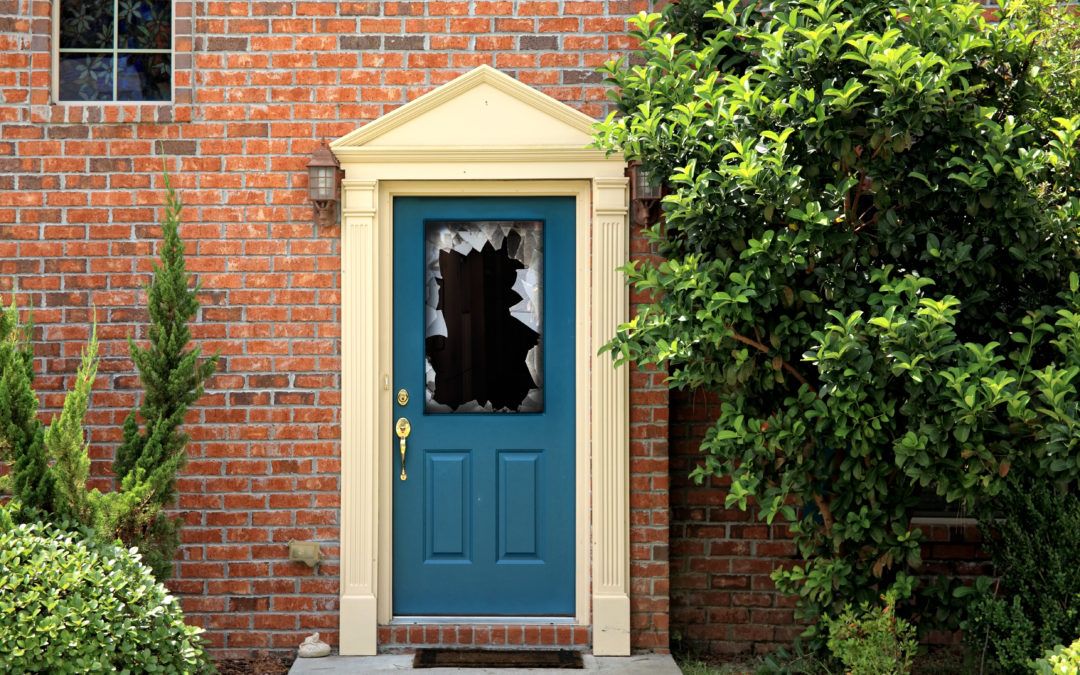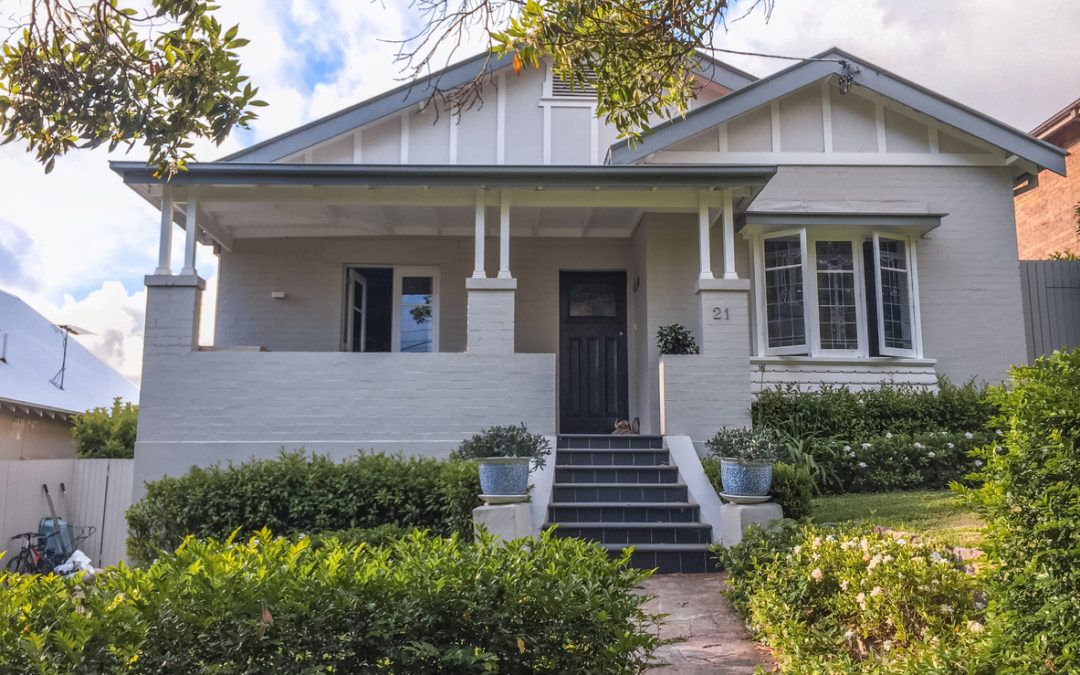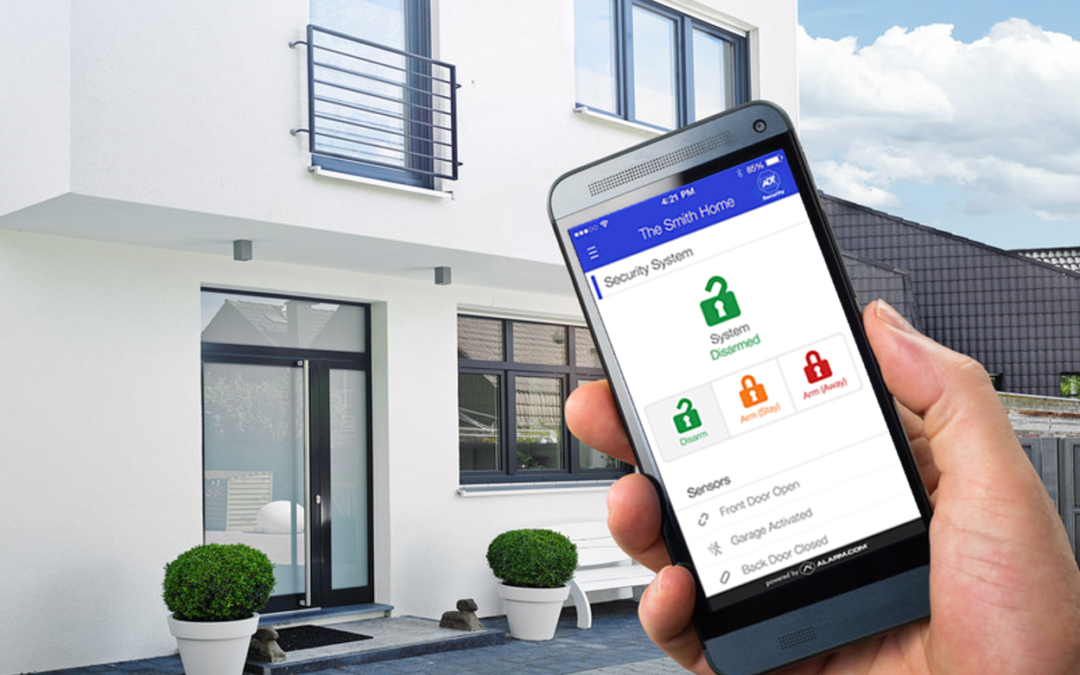If you’ve been the victim of a burglary, it’s important to take quick action to protect yourself, your family and your property from being targeted again. Here are our seven tips to consider after a burglary:
1. Call the Police
This may sound obvious and common sense but if you get home and it looks like you have been burgled, try to stay calm. There may be a chance the burglar is still inside so if you hear any noises or suspect the burglar is still inside, do not confront the offender but call triple one (111) immediately. If you feel it is safe to enter your home, try not to touch anything as you could destroy valuable evidence. Leave things the way you found them and call the call your nearest station.
The phone may be answered by a police officer or by an employee working at the front desk. In either case they will be able to tell you what to do next. You may be put through to the Crime Reporting Line. Staff will then collect as much information as possible about your situation. You will get an email confirming your complaint has been received.
2. Secure your home again
After the police have attended and you have determined where the burglar entered your house, you need to re-secure it as quickly as possible. If a door or window has been damaged, make sure you have it repaired immediately and if the burglar had stolen your keys, make sure you get a locksmith to change the locks urgently.
3. Determine what’s missing
Carry out a thorough check of your home to find out what was stolen. This could include seemingly harmless items, such as a credit card bill, which can be used to steal your identity. It is important to report any missing mail to the police immediately. Likewise, check whether spare keys to your home or car are missing, in addition to other valuables. If electronic devices such as a tablet or smartphone have been stolen, check the finder apps on linked devices, which may help to locate the item’s whereabouts. Also make sure you change your passwords and notify your bank and mobile phone carrier.
4. Submit insurance claims
Check your insurance policy to see what you’re entitled to claim after a burglary. While you may not think an item is high enough in value to make a claim, there could be provisions to include these items as part of your claim. As you may need to provide proof of ownership of your valuable items, it is worth making a habit of filing away receipts, product serial numbers, valuations, copies of your passport and credit card numbers to assist if these items are ever stolen or missing.
Likewise, photographs of the home before the break-in may be used as evidence for insurance purposes or help with determining extent of repairs required for the home. Items that are valuable or sentimental, such as jewellery, should be noted separately on your insurance policy.
5. Conduct a full security audit
Conduct a security audit of your home to check whether there are other ways to get into your property, like climbing a fence or onto a balcony leading to doors and windows. Take the necessary steps to make these entry points less accessible to limit the chances of burglars gaining entry.
6. Seek help
It is perfectly normal to feel traumatised after a burglary, even if no-one was hurt. Seeking help to address the emotional fall out or sleeplessness that might follow an incident is important. Taking the necessary steps to help you and others in the household move on from the emotional aftermath may include counselling or reaching out for support to family and close friends.
7. Take preventative measures
Being extra vigilant about the risk of a break-in will help protect against future break-ins. Keep these extra tips in mind:
- Hide valuable items like watches and jewellery in a hard-to-find place.
- Keep car keys away from the front door to minimise the chance of a quick getaway.
- Undertake a full home security audit every six months.
- Consider security devices such as home alarm systems, preferably one that is monitored and has been installed by a professional.
- Get to know your neighbours so you can look out for each other.
- Keep doors and windows locked at all times, even when you’re home.
- Don’t advertise new purchases by leaving packaging on the street; these boxes alert burglars to valuables worth stealing.





